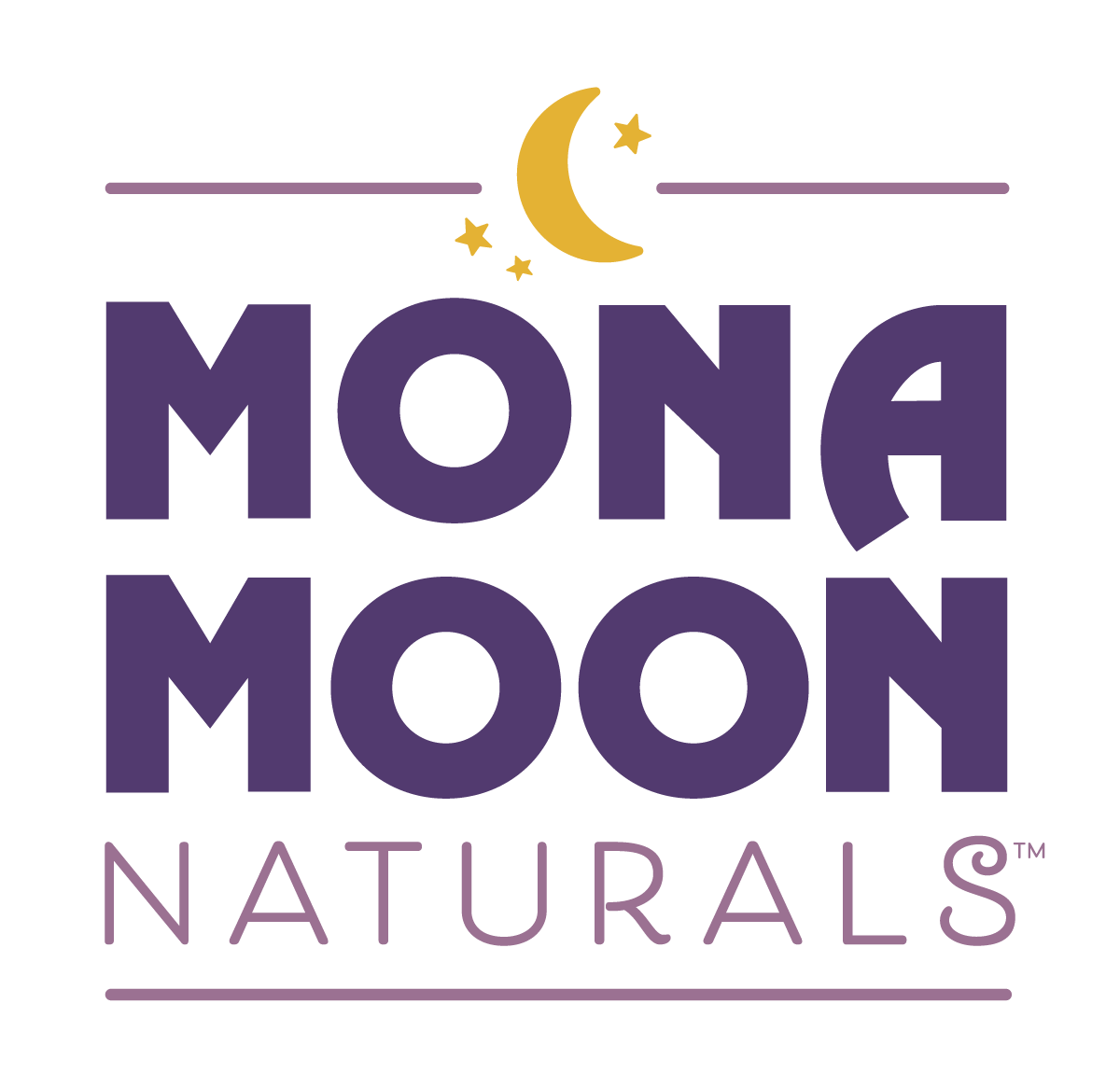From Origins to Action: Exploring Earth Day's Past and Tips to Help the Future
The Origins of Earth Day
Earth Day is celebrated annually on April 22. It started in 1970 by Senator Gaylord Nelson, an environmental activist from Wisconsin, who was concerned about the deteriorating state of the environment and envisioned a national day of environmental education and activism. On April 22, 1970, millions of Americans, including students, educators, and various citizens, participated in rallies, demonstrations, and clean-up efforts across the country.
Ultimately, this inaugural event was the impetus for major environmental legislation in the United States, including the Clean Air Act, the Clean Water Act, and the establishment of the Environmental Protection Agency (EPA). It also sparked global awareness and action on environmental issues, leading to the observance of Earth Day by countries around the world. As we celebrate its 54th anniversary, let’s look at ways we can all help!
Photo by Monstera Production: https://www.pexels.com/photo/wooden-brushes-prepared-for-washing-and-cleaning-6621326/
Simple, Impactful Ways We Can Help the Earth
Reduce, Reuse, Recycle: Reduce consumption by opting for products with minimal packaging, reuse items whenever possible, and recycle materials like paper, plastic, glass, and metal.
Conserve Water: Practice water-saving habits such as taking shorter showers, fixing leaks, using water-efficient appliances, and watering plants during cooler parts of the day.
Reduce Single-Use Plastics: Avoid using single-use plastics such as bags, bottles, and straws. Instead, opt for reusable alternatives like cloth bags, stainless steel water bottles, and bamboo utensils.
Compost: Start a compost pile or bin to recycle organic waste like food scraps, yard trimmings, and coffee grounds into nutrient-rich compost for gardening.
Choose Sustainable Products: Purchase products made from sustainable materials, with minimal packaging, and certified as environmentally friendly. Support companies that prioritize eco-friendly practices.
Go Paperless: To reduce paper waste, opt for electronic billing and statements. Also, use reusable shopping bags, containers, and utensils instead of disposable ones.
Recycling food and other organic waste into compost provides a range of environmental benefits, including improving soil health.
Mona Moon Naturals and Sustainability
As Mona Moon Naturals continues to grow, we've committed ourselves to using eco-friendly packaging. Our Body Balms and Deodorant Sticks are packaged in compostable paper tubes. Our Body Whips and Deodorant Pastes are packaged in recyclable glass jars. Our Bee Whip and Hand Balms comes in tin containers that may be reused or recycled.



